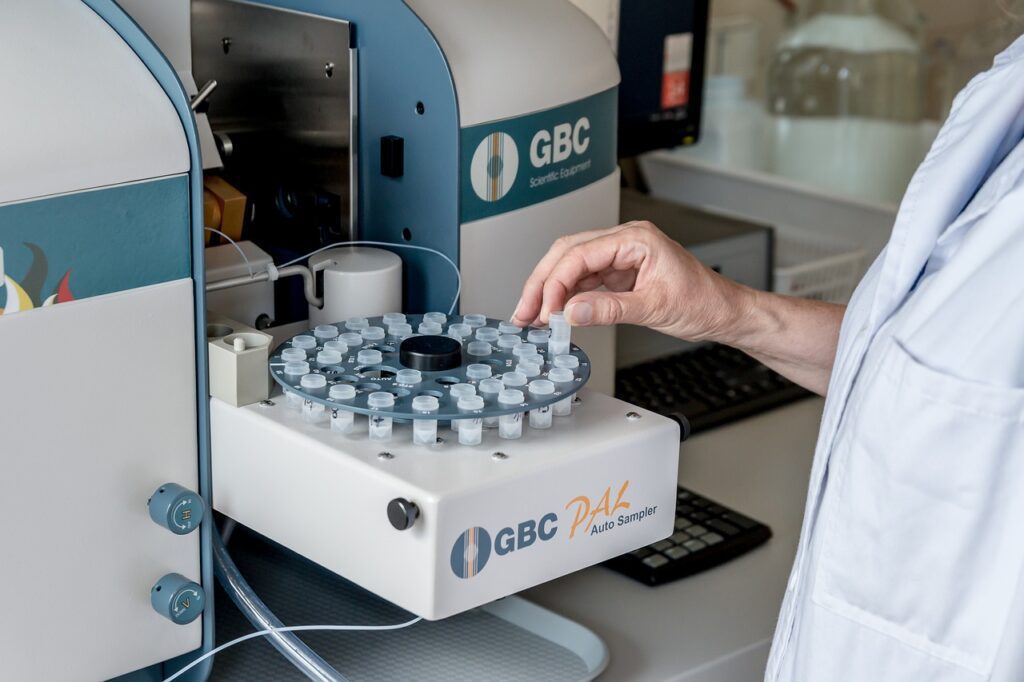According to a story from ANCA Vasculitis News, a recent study has determined that monitoring changes in autoantibodies targeting the PR3 protein is useful for predicting ANCA vasculitis remission after treatment or future symptoms relapse. The study utilized the widely employed ALBIA method for measuring the antibodies and this approach was effective for regular monitoring. The original study was published in the scientific journal Frontiers in Immunology.
About ANCA Vasculitis
ANCA vasculitis is a disease that is characterized by the damage and destruction of blood vessels as a result of inflammatory activity. The disease is associated with the presence of anti-neutrophil cytoplasmic antibodies (ANCA). These are autoantibodies that target antigens present on neutrophils (the most common type of white blood cell) and monocytes. This means that the mechanism of the disease is autoimmune, in which the body’s own immune system mistakenly attacks healthy body tissue. Symptoms of ANCA vasculitis include kidney inflammation, fever, weight loss, abdominal pain, bloody stools, purpura, nose bleeds, muscle pain, arthritis, bloody cough, vision problems, headaches, stroke, heart attack, and high blood pressure. Treatment of the disease is primarily focused on controlling inflammation and suppressing immune system activity. Common medications include cyclophosphamide, rituximab, and prednisone. Antibiotics may be necessary in cases of infection. To learn more about ANCA vasculitis, click here.
About The Study
The goal of the study was to determine if changes in ANCA levels could be associated to relapse or remission. The data for this study came from a phase 2/3 trial called RAVE, which compared treatment with cyclophosphamide versus rituximab in people with microscopic polyangiitis and granulomatosis with polyangiitis (two forms of ANCA vasculitis). Rituximab performed favorably; ANCA antibodies generally target either proteinase 3 (PR3) or myeloperoxidase (MPO), and PR3 positive patients are known to be at greater risk of relapse. Therefore, the researchers decided to focus on this group.
Data from 131 individual patients was used. 92 percent of patients saw a decrease in anti-PR3 antibodies two months after treatment when measured with ALBIA. These decreases were directly linked to a more rapid time to reach sustained remission. However, this association differed depending on the treatment, and was only true in patients using cyclophosphamide. 55 patients relapsed after reaching complete remission. 85 percent of these patients saw relapse either following or during a noted increase in anti-PR3 antibody levels. This was found to be true in all patients regardless of treatment method.
The researchers concluded:
“Measurement of PR3-ANCA by ALBIA at two months may help clinicians identify those patients who will not respond to the current therapy. Clinicians should consider changing to an alternative therapy or close monitoring of patients without a decrease in PR3-ANCA.“








